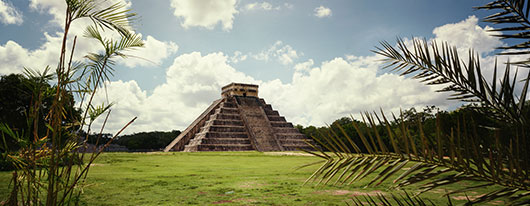17h Pangborn Sensory Science Symposium
Expanding Horizons
27 June – 1 July 2027, 2027 | Mérida, Mexico
We invite you to join us in 2027 for the 17th Pangborn Sensory Science Symposium – Expanding Horizons.
Speakers
- Marija Banovic, Aarhus University, Denmark
- Letza Bojorquez, El Colegio de la Frontera Norte (El Colef), Mexico
- Ophelia Deroy, Ludwig Maximilian University of Munich, Germany
- Tobias Otterbring, University of Agder, Norway
- Christelle Porcherot Lassallette, Firmenich, Switzerland
- Olivier Wathelet, Users Matter, Belgium
Conference Chairs
- Mara Galmarini, CONICET, Argentina
- Carlos Gómez–Corona, Firmenich, France
- Ivan Mendez, MB Sense, Mexico
